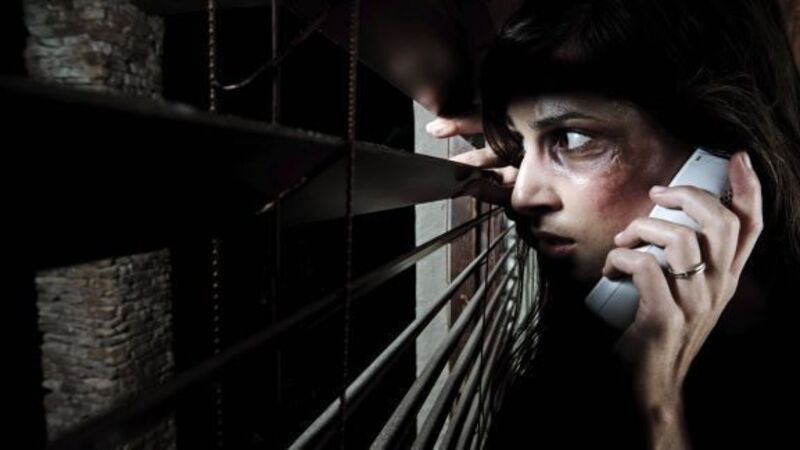Stanford Rape Case: All of us must learn to stop blaming the victims of rape

“I present scenarios and what I notice is amongst young teenage girls, when the girl has consumed alcohol, in general, there is a degree of apportioning blame to her,” says Joanne.
“I try to reflect another perspective. I encourage perspective-taking, the ‘what if?’













